
Last Updated At: 25-Oct-2023
11 Best National Parks In Vietnam You Must Visit In 2024
Vietnam is a country blessed with an abundance of natural beauty, and its national parks and nature reserves showcase the incredible diversity of its landscapes. From the lush rice terraces of the north to the majestic caves of central Vietnam and the mangrove forests of the south, there is something for every nature lover to explore. These national parks offer a chance to experience Vietnam's natural beauty, wildlife, and rich ecosystems. Visitors can explore lush forests, caves, mountains, and unique flora and fauna.
In this blog, we will take you on a journey through the top eleven national parks in Vietnam that you shouldn't miss.
List Of 11 National Parks In Vietnam
- Yok Don National Park | Blissful Beauty
- Tram Chim National Park | Mystical Marvel
- Nam Cat Tien National Park | Wild Symphony
- Ba Vi National Park | Mountain Melody
- Phu Quoc National Park | Island Eden
- Ba Be National Park | Wilderness Wonder
- Phong Nha-Ke Bang National Park | Verdant Sanctuary
- Cuc Phuong National Park | Avian Elegance
- Bach Ma National Park | Serene Majesty
- Cat Ba National Park | Coastal Canvas
- Pu Luong Nature Reserve | Tranquil Treasures
1. Yok Don National Park | Blissful Beauty
Tram Chim National Park is a natural symphony of avian wonders. With at least 88 unique bird species gracing its vibrant landscape, this sanctuary is a melody of feathers and flight. Its claim to fame? The majestic Sarus Cranes, are a sight to behold during the dry season, as they gracefully make their home here. It's a playground for nature lovers, with opportunities for captivating games, serene boating adventures, and the chance to savour the delectable delights of typical local cuisine. Tram Chim National Park is where nature's finest notes meet cultural harmony, inviting all who venture here to join in a remarkable, immersive experience.
- Best time to visit: Early October
- Entry Fee: 60,000 VND
2. Tram Chim National Park | Mystical Marvel
Located in the Mekong Delta region, Tram Chim National Park is a haven for birdwatching enthusiasts. The park is renowned for its thriving wetlands, making it a vital habitat for various bird species, especially the endangered Sarus crane. A visit to Tram Chim offers the chance to witness an enchanting and colourful spectacle of birdlife against the backdrop of lush, aquatic landscapes, making it a paradise for ornithologists and nature lovers alike and one of the best National Parks in Vietnam.
- Best time to visit: Early October
- Entry Fee: 250,000 VND
3. Nam Cat Tien National Park | Wild Symphony
Cat Tien National Park, a treasure trove of nature, has been rightfully anointed as a UNESCO-recognized reserve of invaluable resources in Vietnam. It's a landscape where the Dong Nai River, meandering through bench and hill, kisses the edge of sprawling swamps. Here, the symphony of biodiversity thrives, with a remarkable count of 1,610 species, 724 branches, 162 families, and 75 groups confirmed to date. Cat Tien National Park is like a living encyclopaedia of life, each page filled with vibrant hues of flora and fauna, an ode to the astounding intricacies of our natural world.
- Best time to visit: Early October
- Entry Fee: 60,000 VND
4. Ba Vi National Park | Mountain Melody
Nestled like a verdant jewel just beyond the bustling city limits of Hanoi, Ba Vi National Park stands tall and proud as the "lung" of the capital city. With 1,209 different plant species, including 21 rare and elusive treasures that have found their place in the Red Book of Vietnam, it's a testament to nature's artistry. The park has one of the best wildlife viewing in Vietnam's National Parks, hosting 65 diverse mammal species, 169 melodious bird varieties, 30 reptilian wonders, and 27 amphibious enigmas. Here, you'll encounter elusive treasures like civets, the elegant large lobe, and the resplendent pheasant, among others.
- Best time to visit: Early October
- Entry Fee: 60,000 VND
5. Phu Quoc National Park | Island Eden
Phu Quoc National Park, a lush jewel off the Vietnamese coast, is a sanctuary where nature thrives in splendid diversity. Here, over 470 plant species paint the landscape with vibrant hues, while the offshore waters teem with magnificent coral reefs. Amidst the tropical embrace of Phu Quoc Island, 929 unique plant species have been unveiled, each a testament to the island's remarkable ecological tapestry. It's a place where land and sea converge in harmonious beauty, where the dense foliage and the vibrant marine world come together to create an exquisite haven for both the explorer and the admirer of nature's captivating artistry.
- Best time to visit: Early October
- Entry Fee: Free entry
6. Ba Be National Park | Wilderness Wonder
Located in the north of Vietnam, Ba Be National Park is a subtropical paradise characterized by its vast forests, gushing waterfalls, and the serene Ba Be Lake. The lake, with its calm currents, is perfect for boat outings, refreshing dips, and fishing trips. Surrounding the lake is one of the best trekking trails in Vietnamese national parks that offers breathtaking views of the surrounding landscapes. The park is also home to the Tay ethnic minority group, who welcome travellers with authentic homestay experiences in their traditional stilt houses.
- Best time to visit: July to October
- Entry Fee: 70,000 VND
7. Phong Nha-Ke Bang National Park | Verdant Sanctuary
Phong Nha-Ke Bang National Park, a UNESCO World Heritage site, is an adventurer's wonderland. The park is famous for its tenacious rivers, lush jungles, and mammoth caves. It is home to some of the world's largest caves, hidden beneath towering karsts covered in dense vegetation. Caving experiences range from short excursions to multi-day expeditions. Above ground, visitors can enjoy activities such as kayaking, cycling, and hiking. The town of Phong Nha is an ideal base for exploring the park. If you do not know how to Get to Phong Nha-Ke Bang National Park, you can join a guided tour.
- Best time to visit: March to April
- Entry Fee: 150,000 VND
8. Cuc Phuong National Park | Avian Elegance
As Vietnam's oldest national park, Cuc Phuong National Park holds a special place in the country's conservation efforts. The park is home to a dense forest of millennia-old trees, prehistoric caves, and two animal sanctuaries. The Endangered Primate Rescue Centre and the Turtle Conservation Centre are worth exploring. Visitors can engage in activities such as trekking, bird-watching, and kayaking. The park also offers the opportunity to stay in the stilt houses of the hospitable Muong people.
- Best time to visit: April and May
- Entry Fee: 60,000 VND
9. Bach Ma National Park | Serene Majesty
Located between the imperial city of Hue and the ancient town of Hoi An, Bach Ma National Park is a hidden gem waiting to be explored. The park features a collection of French colonial villas, now converted into charming guesthouses, and offers numerous hiking trails leading to rock pools and waterfalls. One of the highlights is the opportunity to witness a spectacular coastal sunrise from the park's peak and even an option for camping in one of the best camping sites in Vietnamese National Parks.
- Best time to visit: March to September
- Entry Fee: 60,000 VND
10. Cat Ba National Park | Coastal Canvas
Situated on a large island in the Gulf of Tonkin, Cat Ba National Park offers captivating landscapes and beautiful beaches. Visitors can enjoy panoramic views from the mountaintops or explore the network of trails that wind through the park. Some hikes lead to Viet Hai, an isolated village accessible only by foot. For those seeking tranquillity, Viet Hai offers basic homestays. The park is also home to the critically endangered species in Vietnam's National Parks like the White-headed Langur, making it a must-visit for wildlife enthusiasts.
- Best time to visit: September to November
- Entry Fee: 80,000 VND
11. Pu Luong Nature Reserve | Tranquil Treasures
Pu Luong Nature Reserve is a hidden gem that combines the best of northern Vietnam's landscapes. With its mountains reminiscent of Sapa, rice terraces like those in Mu Cang Chai, and cultural treasures akin to Mai Chau, Pu Luong offers a microcosm of the region. Scenic roads traverse the valley, offering breathtaking views, while long hikes take you to remote mountain hamlets and ethnic villages. Waterfalls and rock pools can be found throughout the reserve, offering the perfect spots to cool off. It is always recommended to check the entrance fees for National Parks in Vietnam before visiting.
- Best time to visit: Early October
- Entry Fee: 80,000 VND
Are these national parks sparking your wanderlust? Embark on your Vietnam adventure with Adotrip today! Our comprehensive services cover everything you need, from booking flights and hotels, all in one amazing package. Begin mapping out your next Vietnam journey and lock in incredible travel deals with us.
With us, nothing is far!
Book Vietnam Tour Packages
Frequently Asked Questions On National Parks In Vietnam
Q1. What are some of the most beautiful national parks in Vietnam?
A1. Some of the most beautiful national parks in Vietnam include:
- Ha Long Bay
- Phong Nha-Ke Bang National Park
- Cuc Phuong National Park
- Cat Tien National Park
- Ba Be National Park
Q2. What wildlife and natural attractions can I expect to see in Vietnamese national parks?
A2. Vietnamese national parks offer a wide range of wildlife and natural attractions. In these parks, you can expect to see a variety of wildlife such as monkeys, gibbons, elephants, and numerous bird species. You'll also encounter lush forests, caves, waterfalls, and unique geological formations.
Q3. Are there hiking trails and camping options in these parks?
A3. Many national parks in Vietnam have hiking trails and camping options for visitors. Trails can vary in difficulty, from easy walks to challenging treks. Camping facilities are available in some parks, and it's essential to check with park authorities for specific information and permits required for camping.
Q4. What permits or permissions might be required to visit certain national parks in Vietnam?
A4. Permits or permissions may be required to visit certain national parks in Vietnam, especially if you plan to engage in activities like camping, trekking, or birdwatching. The requirements can vary from park to park, so it's advisable to check with the local authorities or the park's official website to ensure you have the necessary permits in advance.
Q5. Can I visit national parks year-round, or are there specific seasons that are best for visiting?
A5. You can visit Vietnamese national parks year-round, but the best time to visit may vary depending on the park and your preferences. The dry season, which typically runs from November to April, is considered the best time for outdoor activities and trekking due to more favourable weather conditions.
--- Published By Adotrip
Latest Blogs

Long Weekends In India 2025 - List of Holidays
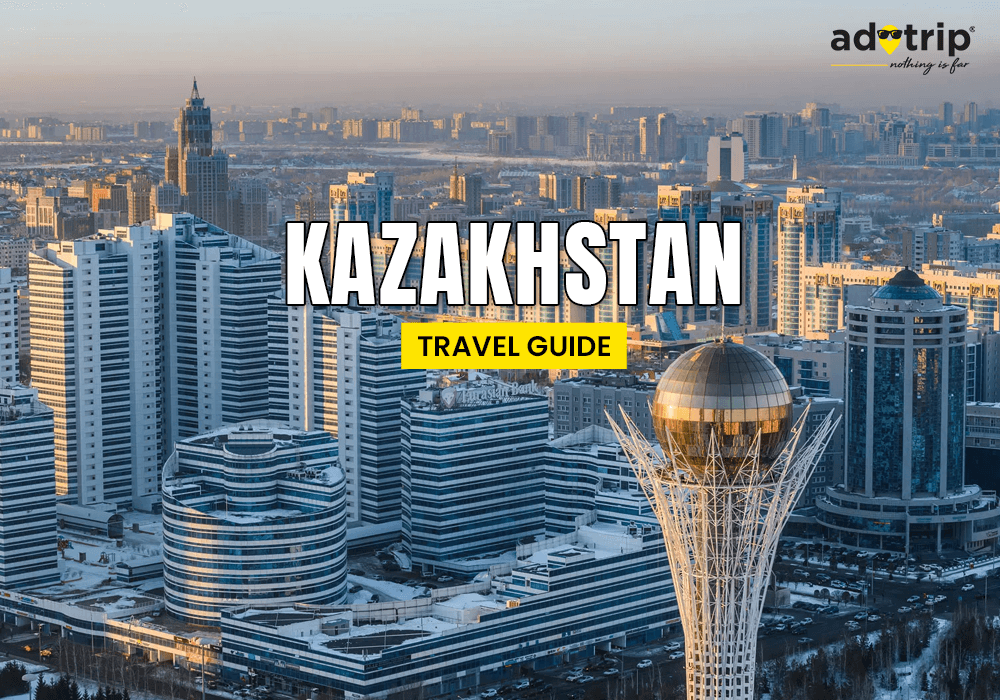
Kazakhstan Travel Guide 2025: Affordable Luxury, Visa Free E...

Think Ayodhya is Just Temples? Discover Its Hidden Artistic...
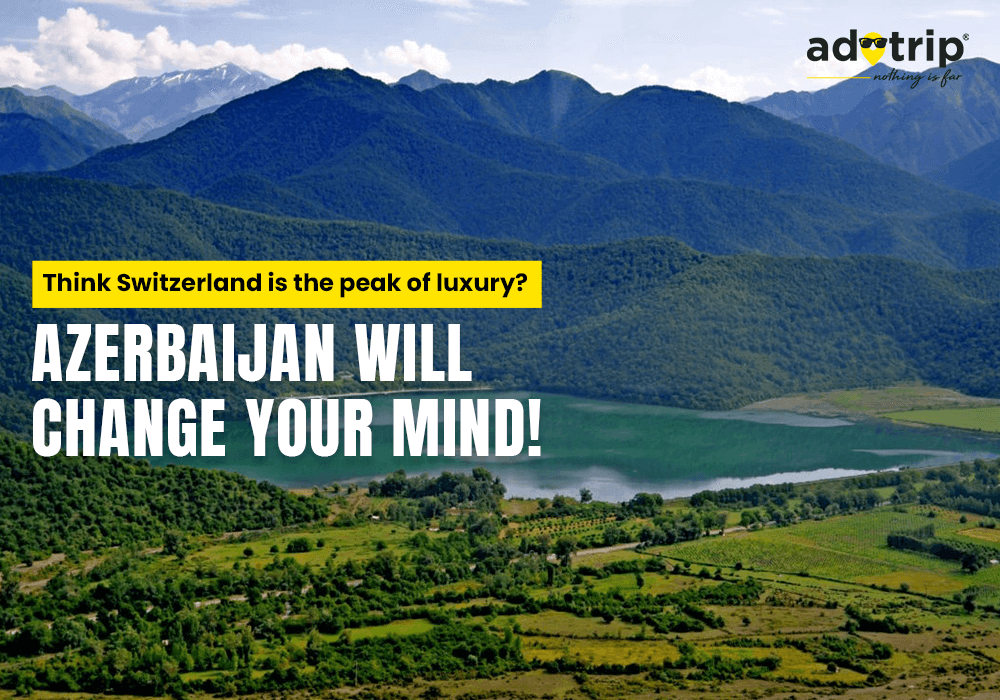
Why Azerbaijan is the Best Budget Friendly Alternative to Sw...
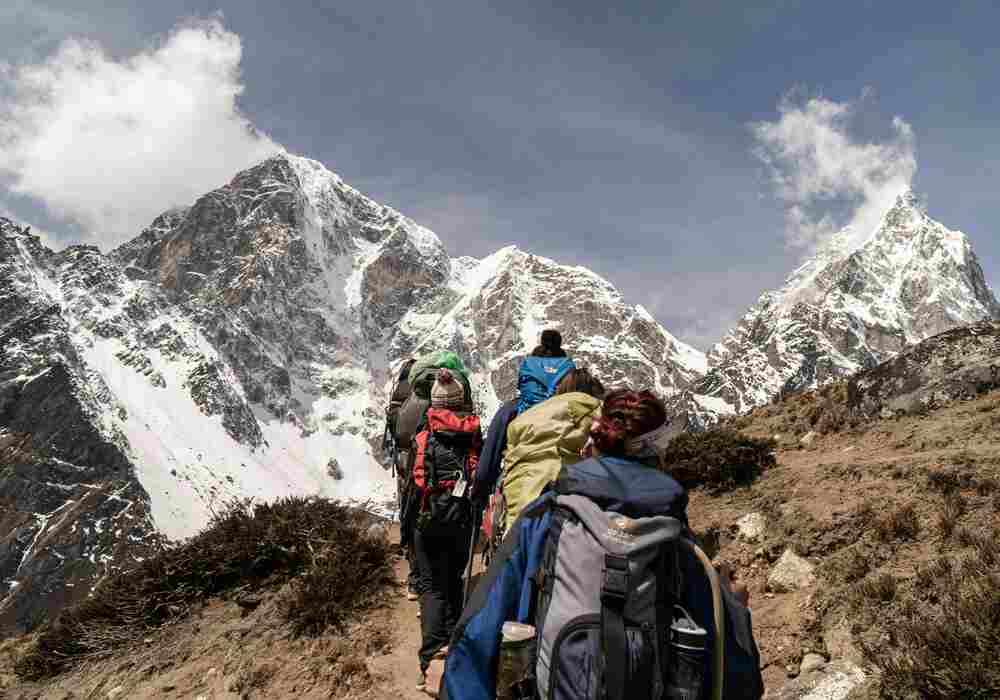


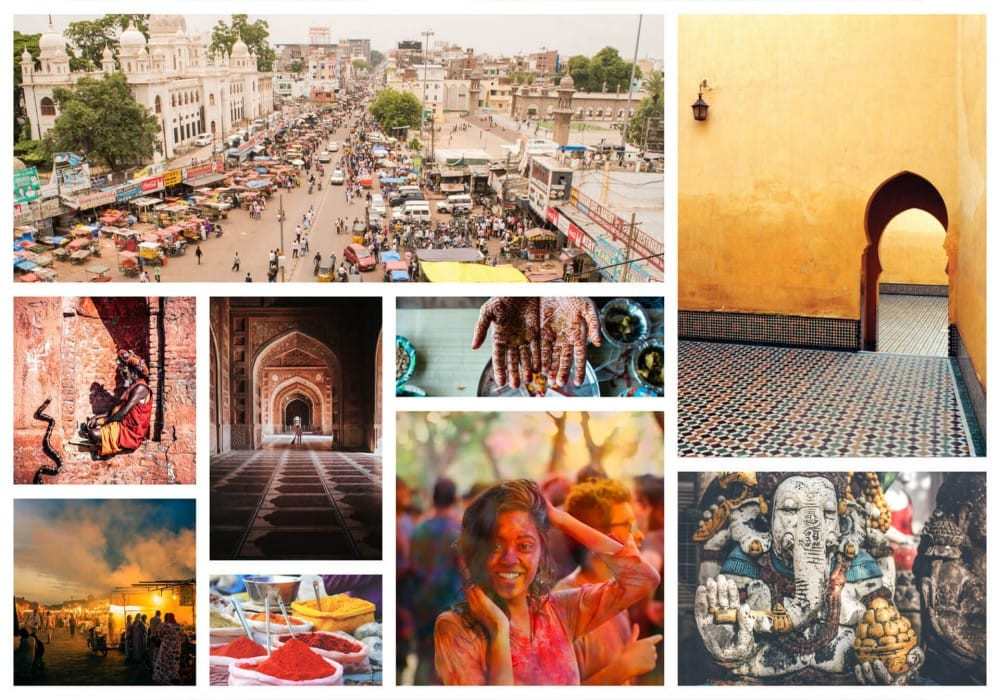



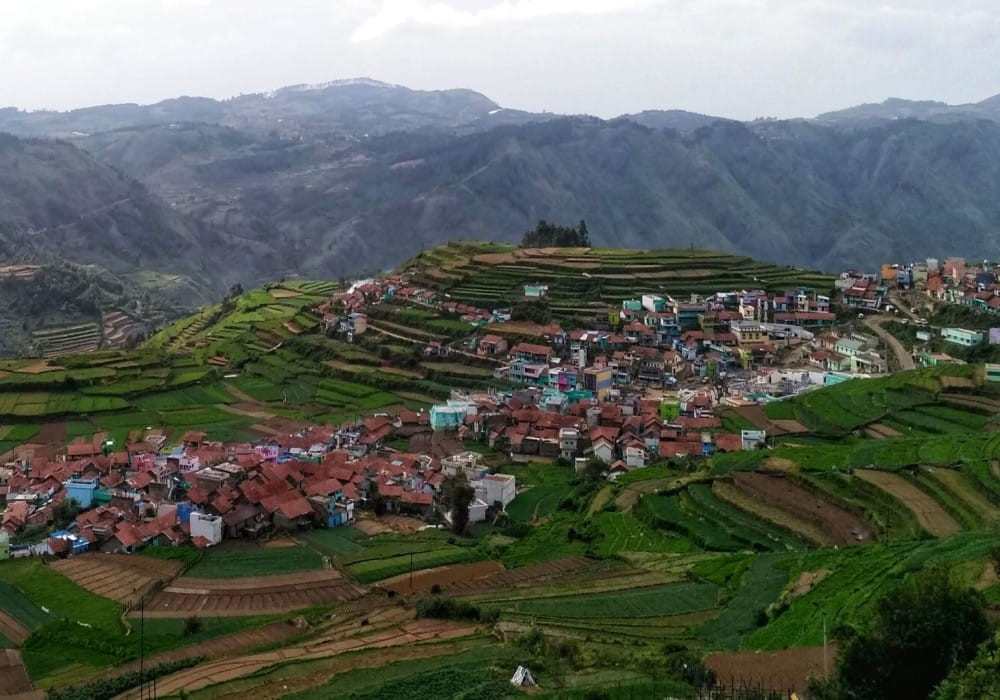

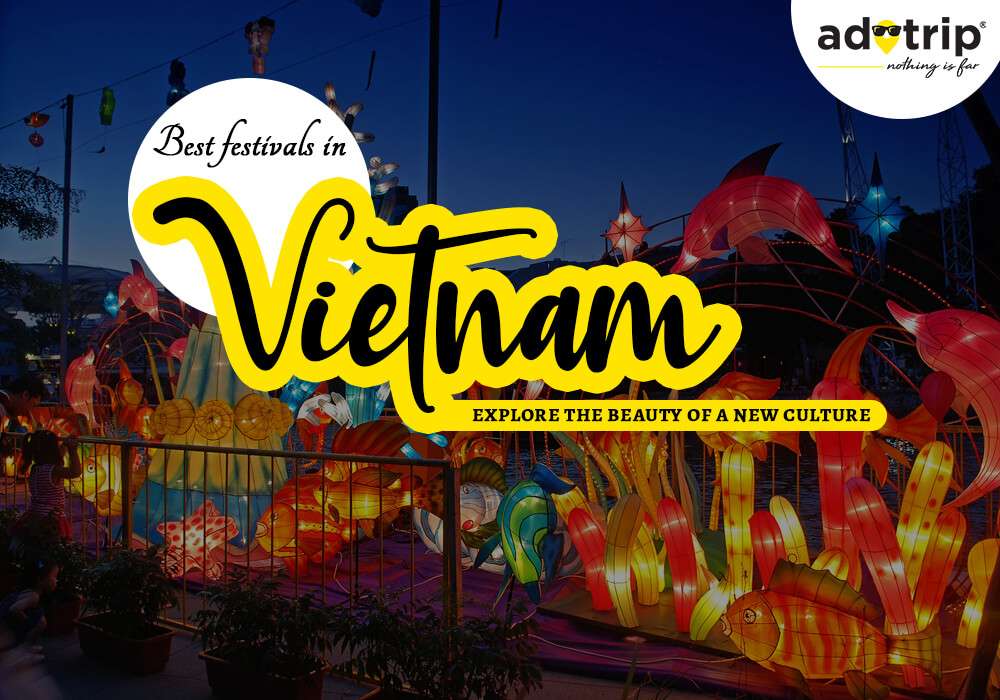

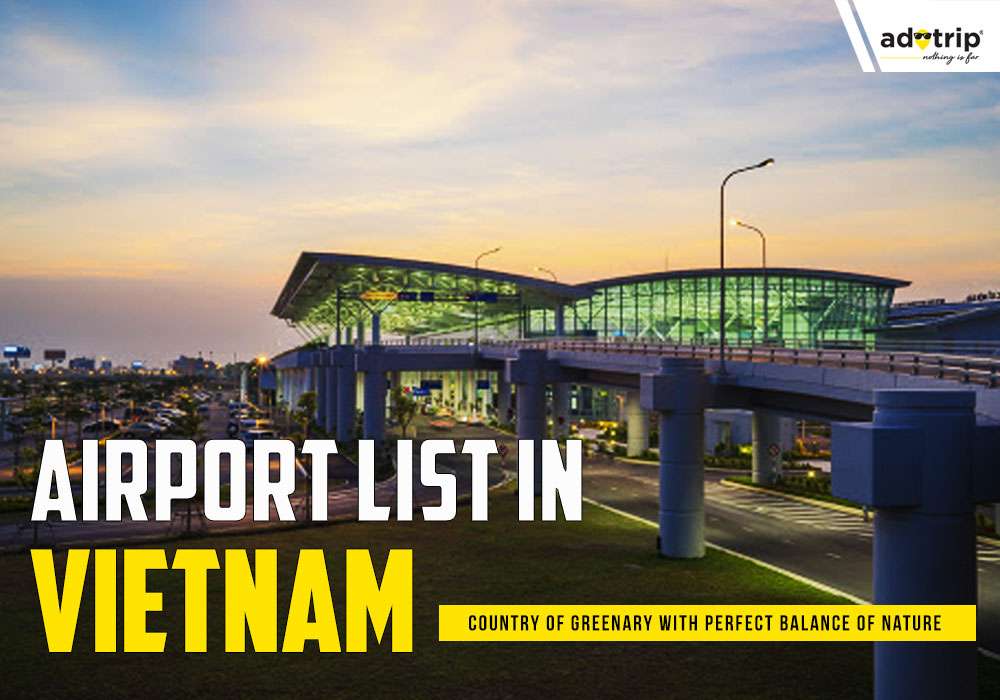
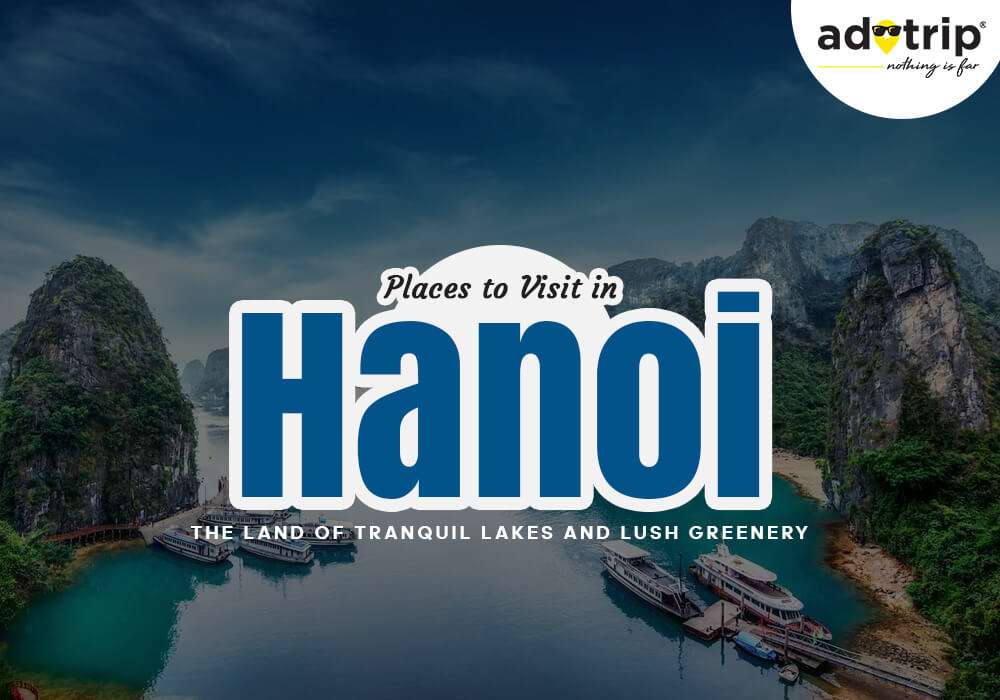
 Dubai
Dubai Malaysia
Malaysia USA
USA





